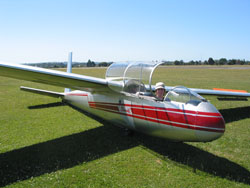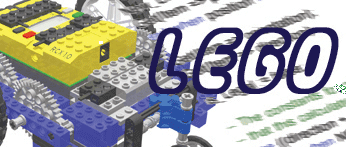

| Teaching |
|
CoursesI am, have been, or will be involved in teaching the following courses (listed below). Please take a look at the individual course home pages for more specific information. Other Educational Contributions
Shared Lessons LearntThe lessons learnt from teaching 16.070 can be found in "A First Course in Software Engineering for Aerospace Engineers", presented at 19th Conference on Software Engineering Education and Training (CSEET 2006). The lessons learnt over the last four years in teaching software engineering and computer science to non-CS majors, has led to an identification of desirable skills sets in aerospace software engineers. These lessons are encapsulated in a paper entitled "Aerospace Software Engineering - Systems thinking Foundations", that is submitted to the "Third International Summit on Sofwtare Engineering Education". (2006) Finally some early teaching experiences are documented in "Encouraging Active Participation in Programming Classes", presented at 7th National Conference on College Teaching and Learning (1996). |
FALL 2006 |
1.00 -Introduction to Computers and Engineering Problem Solving |
SPRING 2006 |
SPRING 2005 |
FALL 2004 |
16.unified - Computers and Programming |
SPRING 2004 / FALL 2003 |
16.unified - Computers and Programming a.k.a 16.071 and 16.072 |
SPRING 2003 |
16.070 16.622 Experimental Projects II - "Camera on a Chip" |
FALL 2002 |
16.35 Aerospace Software Engineering |
SPRING 2002 |
16.35 Aerospace Software Engineering 16.621 Experimental Projects II |
